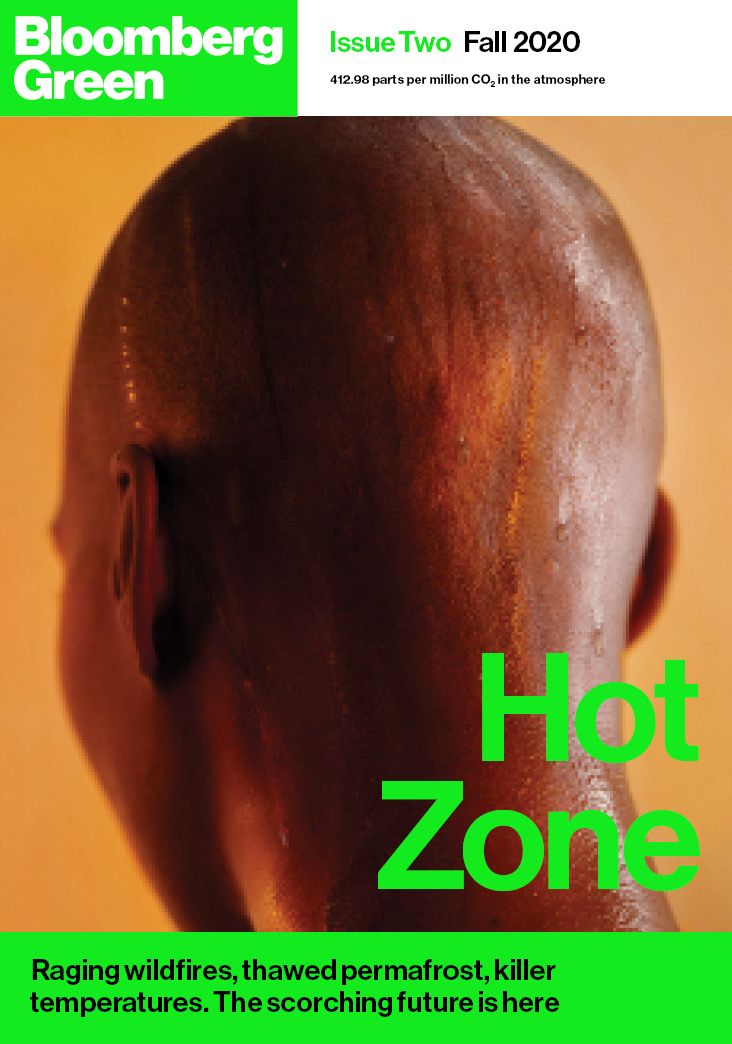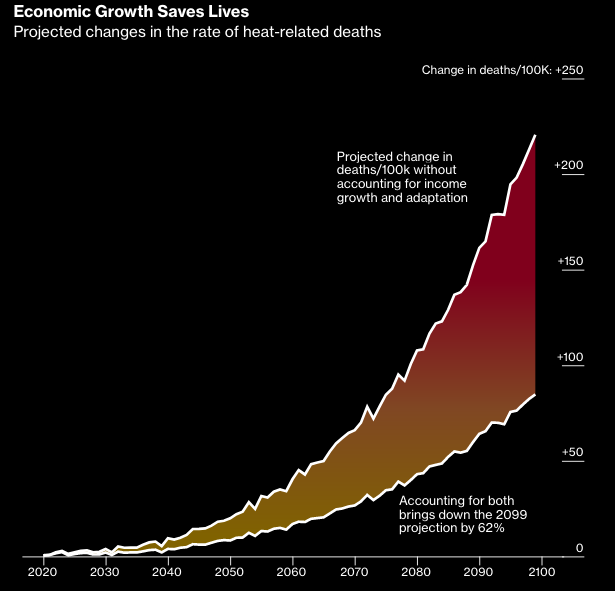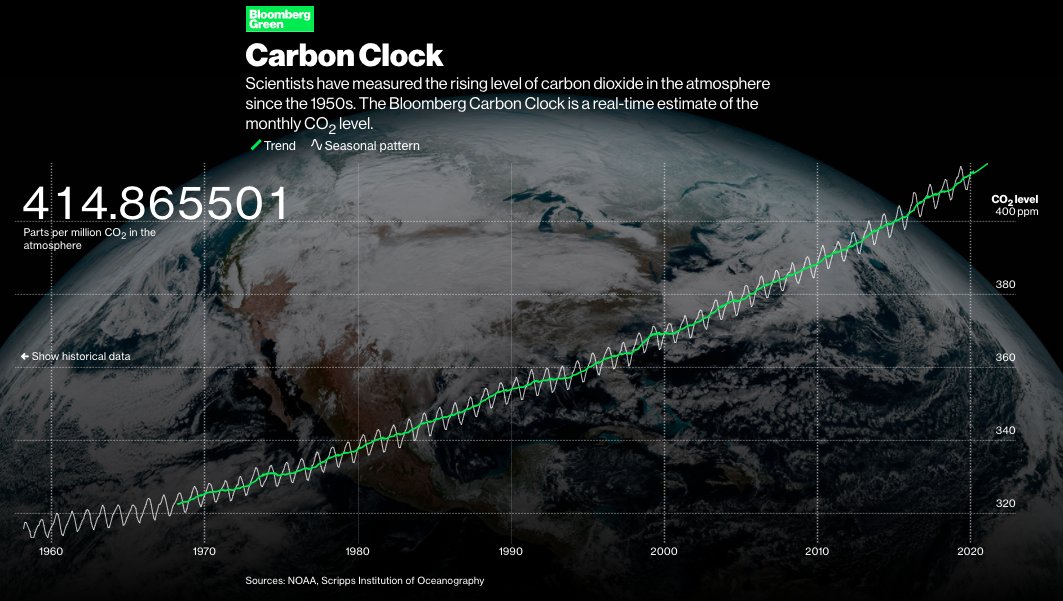
Global average temperature is projected to be as much as 0.75C higher in 2020 than it was in 1980
trib.al/mstZ0ux
trib.al/mstZ0ux
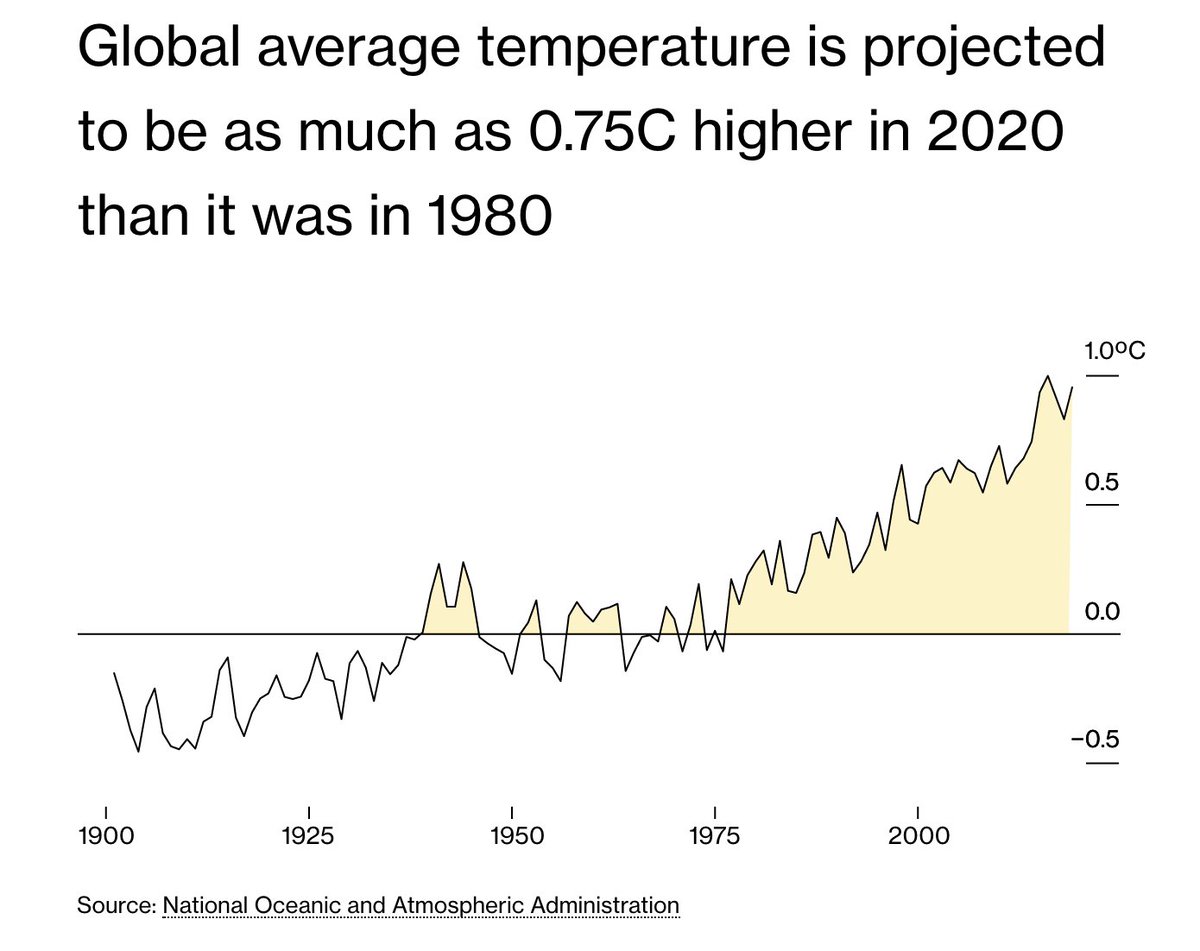
While temperatures can vary from one year to another, the trend is clear. 9 of the 10 hottest years on record have happened during the 21st century
trib.al/mstZ0ux
trib.al/mstZ0ux
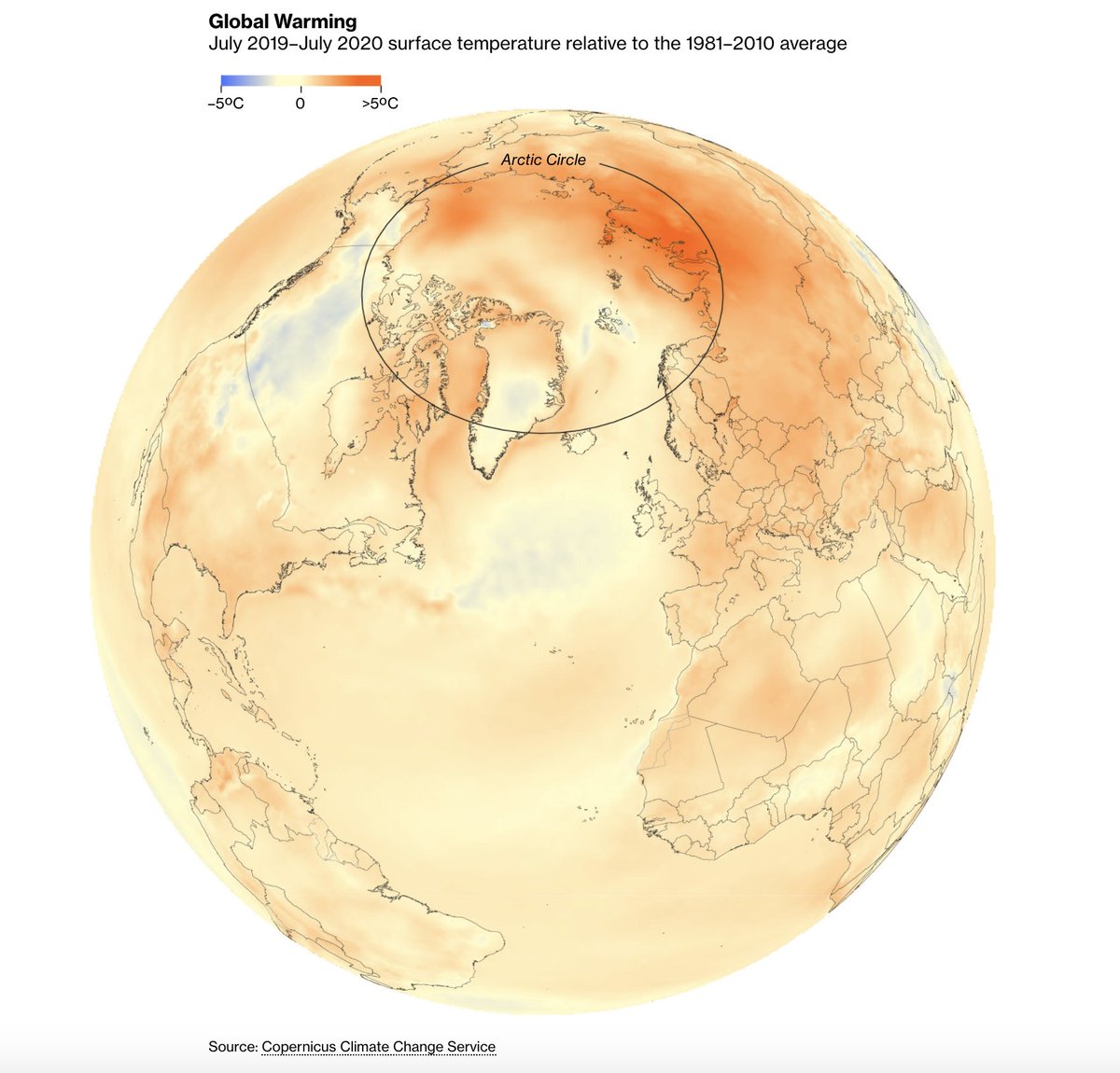
Even 1.5C of warming will make certain parts of the world unrecognizable. If emissions rise or stay flat, the picture gets disastrous
trib.al/mstZ0ux
trib.al/mstZ0ux
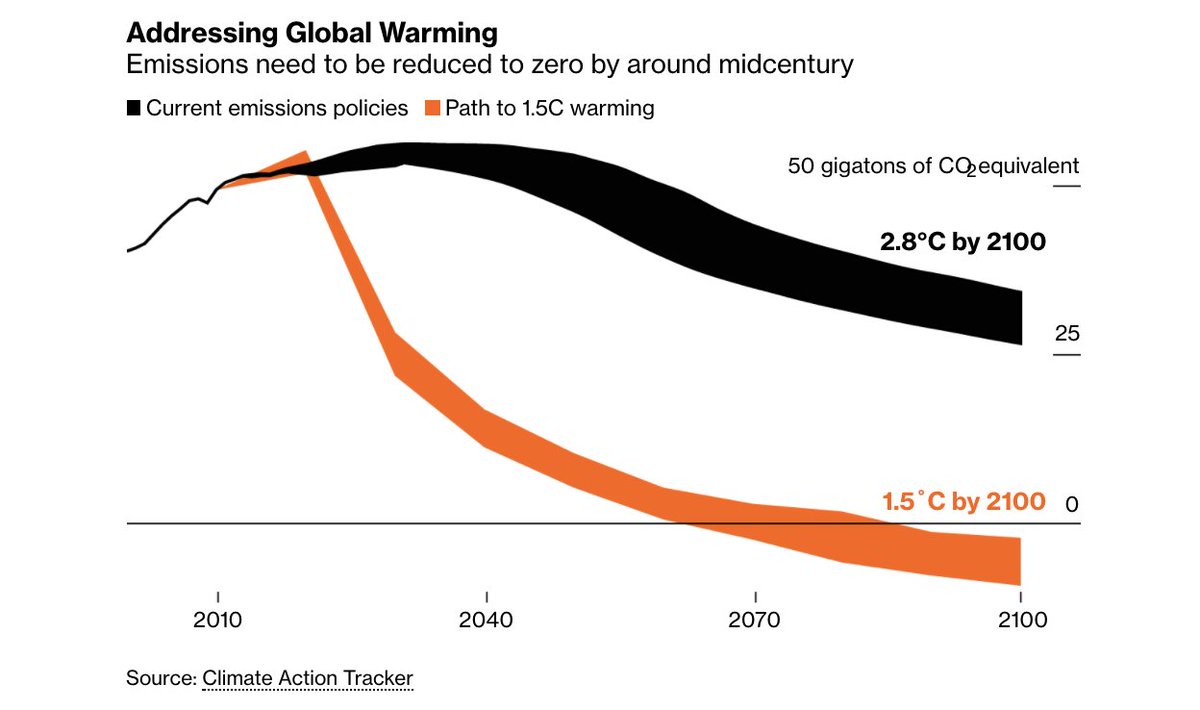
The Arctic might seem far from civilization—yet what happens at the poles affects everything.
Arctic wildfires emitted the equivalent of 244 million metric tons of carbon dioxide from January to August, compared with 181 million tons for the whole of 2019 trib.al/mstZ0ux
Arctic wildfires emitted the equivalent of 244 million metric tons of carbon dioxide from January to August, compared with 181 million tons for the whole of 2019 trib.al/mstZ0ux
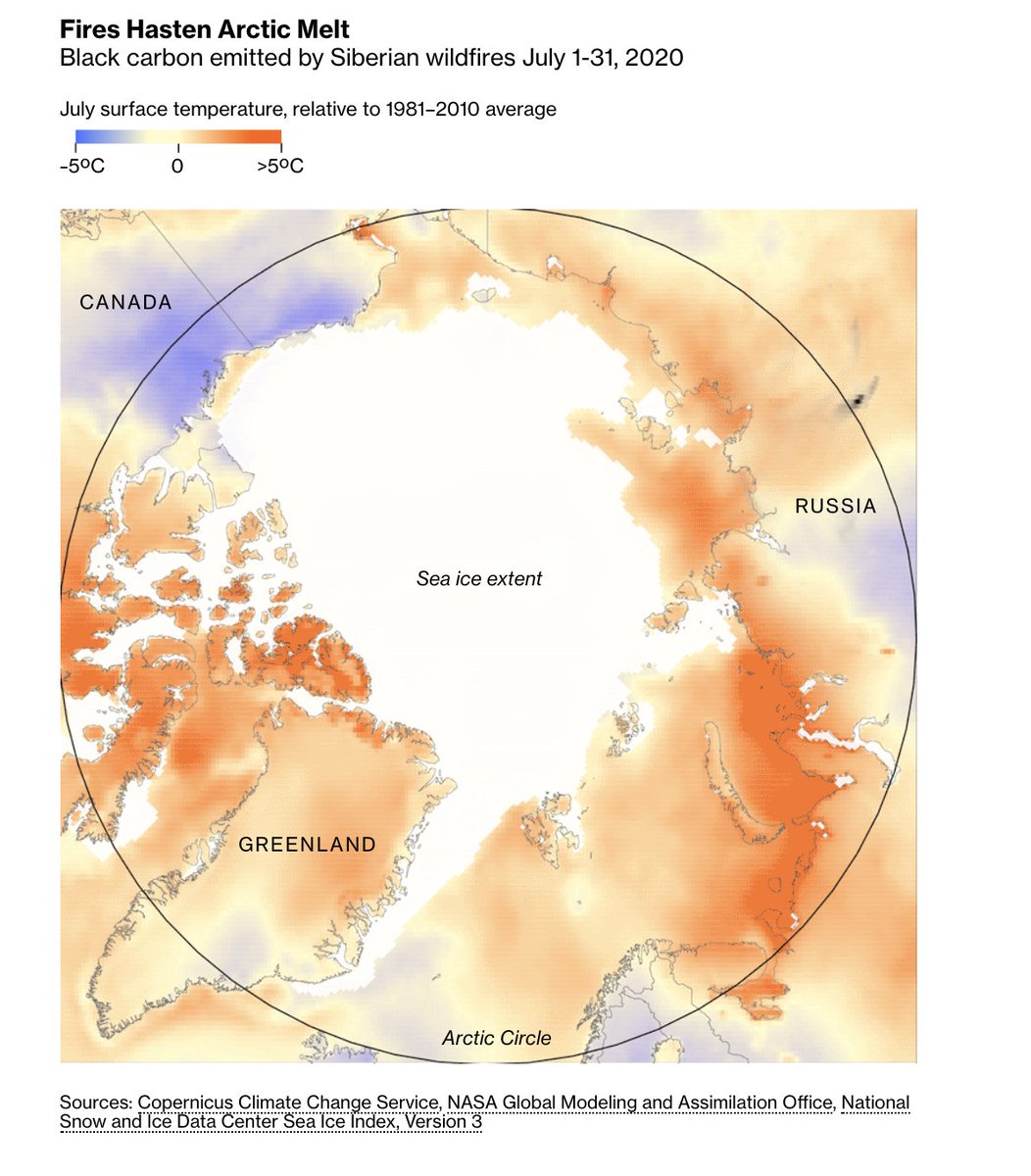
As the Arctic melts, Earth’s most dramatic warming is happening at sea.
93% of heat captured by greenhouse gases since the 1970s has been absorbed by oceans
trib.al/mstZ0ux
93% of heat captured by greenhouse gases since the 1970s has been absorbed by oceans
trib.al/mstZ0ux
Heat waves are becoming more intense and more frequent as the planet warms. Increased demand for air conditioning is causing sharp spikes in energy use
trib.al/mstZ0ux
trib.al/mstZ0ux
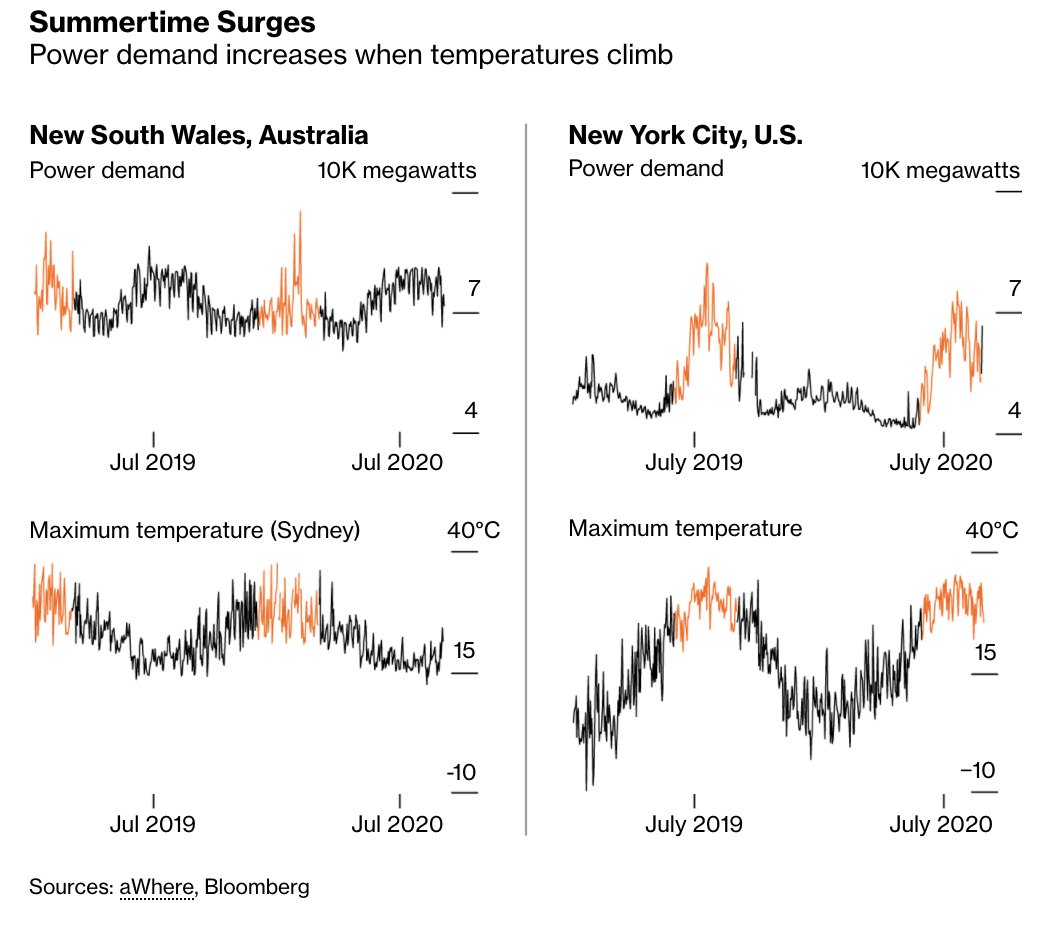
In oil-rich Saudi Arabia, power plants burn crude oil to meet additional demand in summer, so air pollution rises with heat waves
trib.al/mstZ0ux
trib.al/mstZ0ux
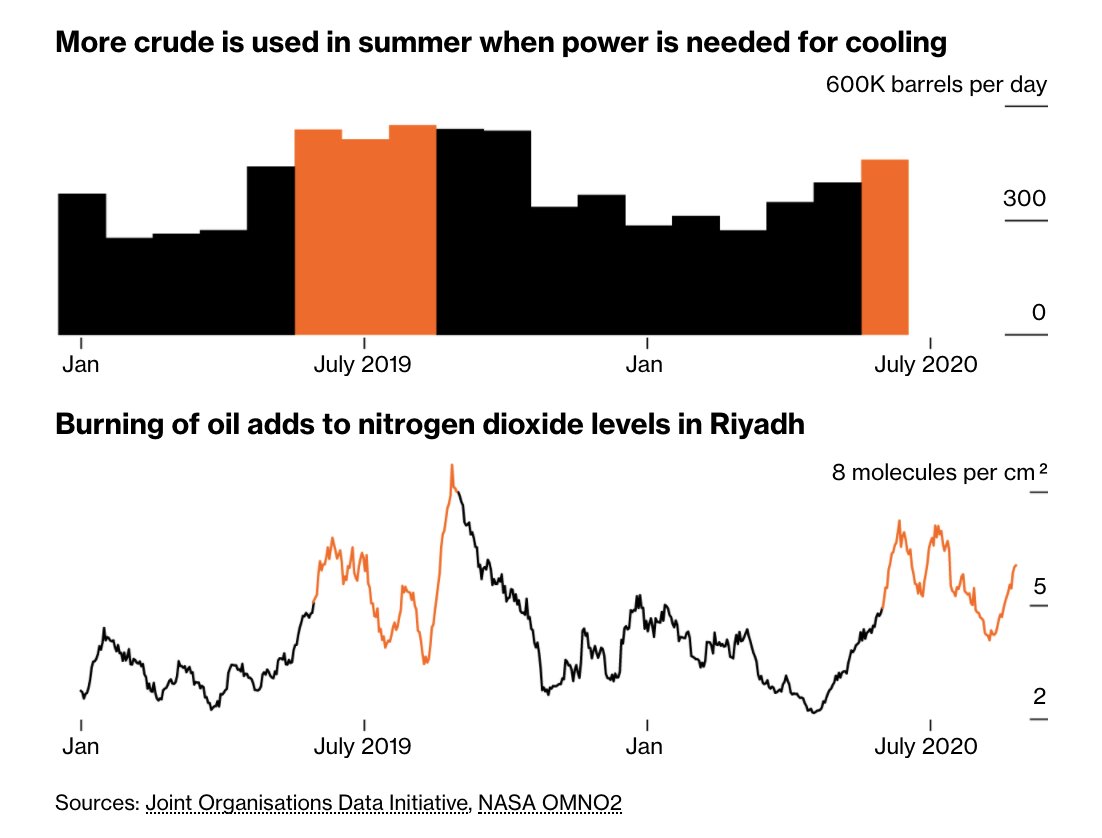
Those in poor countries who can’t afford air conditioning will be disproportionately affected.
By 2100, heat alone could kill as many people as heart disease does, humanity’s biggest killer
trib.al/mstZ0ux
By 2100, heat alone could kill as many people as heart disease does, humanity’s biggest killer
trib.al/mstZ0ux
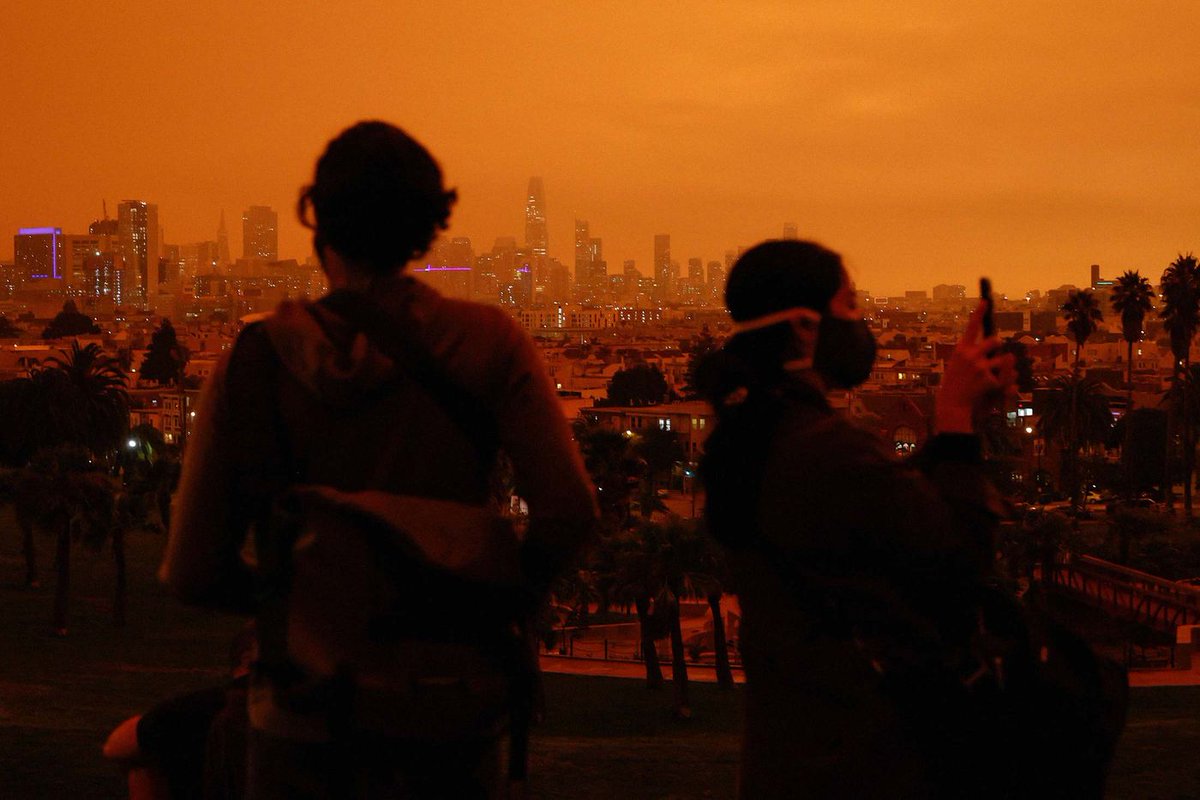
• • •
Missing some Tweet in this thread? You can try to
force a refresh
